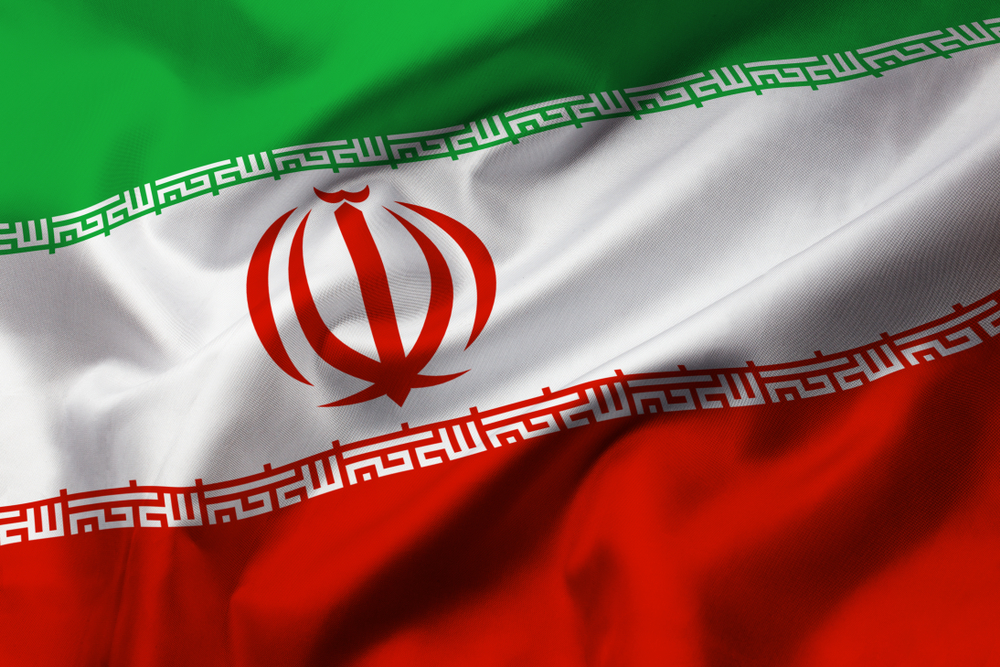
President Trump reportedly blocked an Israeli assassination plot targeting Iran’s Supreme Leader Ayatollah Ali Khamenei, potentially averting a catastrophic Middle East escalation that could have drawn America into direct conflict with Iran.
Key Takeaways
- Trump reportedly vetoed an Israeli plan to assassinate Iran’s Supreme Leader Khamenei in June 2025, citing concerns about uncontrolled regional escalation
- Israeli officials have denied these reports as “fake news,” while Netanyahu avoided direct confirmation in a Fox News interview
- The incident occurred during Israel’s sustained aerial campaign against Iranian nuclear and military targets
- Netanyahu suggested the conflict could potentially lead to regime change in Tehran
- The episode highlights tensions in U.S.-Israel strategic coordination during high-stakes military operations
Trump’s Intervention in Israeli Military Plans
According to multiple U.S. officials, former President Donald Trump directly intervened to prevent Israel from executing a plan to assassinate Iranian Supreme Leader Ayatollah Ali Khamenei in June 2025. The reports indicate that Israeli intelligence had identified an operational window to target Iran’s top political and religious leader, but faced firm opposition from Trump, who warned that such an action could trigger an uncontrollable escalation throughout the Middle East and potentially draw America into direct conflict with Iran.
A senior U.S. official reportedly stated: “We communicated to the Israelis that President Trump is opposed to that… discussion of killing political leaders should not be on the table.” Trump’s position emphasized de-escalation strategies and the potential revival of nuclear negotiations with Iran, rather than actions that could permanently close diplomatic channels. The intervention came during a period of heightened tensions following Israel’s sustained aerial campaign against Iranian nuclear and military targets that began on June 14, 2025.
Israeli Response and Denials
The Israeli response to these reports has been notably ambiguous. Prime Minister Benjamin Netanyahu avoided direct confirmation of Trump’s intervention during a Fox News interview, dismissing the reports as “false” while simultaneously asserting Israel’s sovereign right to act independently in matters of national security. This careful positioning allowed Netanyahu to maintain diplomatic relations with the U.S. while not appearing to concede Israeli military autonomy to American preferences.
Adding to the confusion, Axios reported that Israeli officials categorically denied Trump’s veto as “fake news,” directly contradicting accounts from Reuters, CBS News, and ABC News, which cited multiple U.S. sources corroborating the intervention. Meanwhile, Israel’s ambassador to the United States declined to rule out targeting Khamenei during a television appearance, further muddying the waters regarding Israel’s actual intentions and the extent of American influence over Israeli military decisions.
Broader Regional Implications
The reported assassination plot emerged during a critical phase in Middle East tensions. Netanyahu has framed Israel’s ongoing strikes as necessary preemptive measures against Iran’s nuclear ambitions, which Israel views as an existential threat. In public statements, the Israeli Prime Minister acknowledged that the conflict could potentially lead to regime change in Tehran – a goal that would align with long-term strategic interests of both Israel and conservative American foreign policy advocates who have long sought democratic transformation in Iran.
Regional tensions intensified as Iran retaliated with missile attacks on Israeli-linked targets, prompting U.S. calls for restraint from both sides. Security analysts suggest Trump’s decision reflects pragmatic concerns about Khamenei’s symbolic status within Iran and the Islamic world, as well as Iran’s demonstrated capacity for asymmetric retaliation through its extensive network of proxy forces throughout the region, including Hezbollah in Lebanon, various militias in Iraq, and the Houthis in Yemen.
Strategic Calculations
Trump’s reported intervention highlights the complex calculations involved in managing the U.S.-Israel alliance during high-stakes military operations. While the former president has consistently positioned himself as Israel’s strongest ally, this episode suggests limits to that support when Israeli actions might directly threaten broader American strategic interests in the region. The decision to block the assassination attempt appears to reflect Trump’s preference for controlled pressure rather than unpredictable escalation.
The incident also underscores ongoing friction in U.S.-Israel coordination on Iran policy. While both nations agree on the threat posed by Iran’s nuclear program and regional activities, they have occasionally differed on tactics and timing. Trump’s approach seems to favor maintaining diplomatic options while continuing economic pressure – a strategy that proved effective during his first term when maximum pressure sanctions severely damaged Iran’s economy and limited its operational capabilities.
Sources:
Trump rejected Israeli plan to kill Iran’s Ayatollah Ali Khamenei, sources say – CBS News
Trump vetoed Israeli plan to assassinate Iran’s Khamenei – Axios




